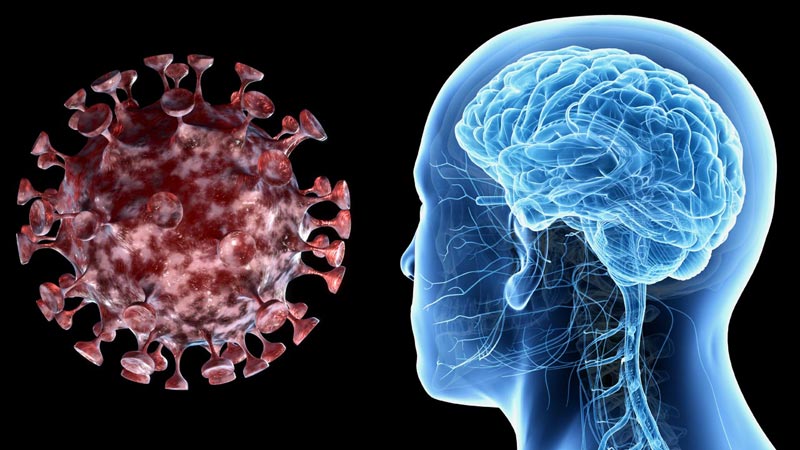Posts Tagged ‘chronic-stress’
The 7 Habits of Highly Stress-Resilient Minds
Are you suffering from chronic stress? Many of us are—whether we’re stressed out by our jobs, complicated relationships, caregiving responsibilities, or the general state of the world. That’s where Elissa Epel’s new book, The Stress Prescription, comes in. A health psychologist and director of the Aging, Metabolism, and Emotions Center at the University of California, San…
Read MoreLarge neuroimaging study finds social isolation to be an early indicator of increased dementia risk
Why do we get a buzz from being in large groups at festivals, jubilees and other public events? According to the social brain hypothesis, it’s because the human brain specifically evolved to support social interactions. Studies have shown that belonging to a group can lead to improved wellbeing and increased satisfaction with life. Unfortunately though, many…
Read MoreQ&A with Dr. Wendy Suzuki on the parasympathetic nervous system and harnessing anxiety for good
Anxiety can feel like a heavy weight that we didn’t ask to carry. Who wouldn’t love to get rid of it? But neuroscientist Wendy Suzuki wants to challenge the way we look at our anxiety. In fact, her new book is called Good Anxiety: Harnessing the Power of the Most Misunderstood Emotion. If you’re skeptical, so…
Read MoreHow COVID-related stress can disrupt your brain circuits and nine tips to prevent it
COVID-19 has touched each of us somehow. Many now recognize that caring for our mental health is as essential as addressing the virus if we are to emerge stronger, more connected and more resilient. The Ancient Greeks said “know thyself” to live soundly, but it is only now that we have the technology to start…
Read MoreOn Stress, Yoga Meditation, and The Evolution Revolution
In the Tale of Two Cities, Charles Dickens wrote: “It was the best of times, it was the worst of times. It was the age of wisdom, it was the age of foolishness…. It was the season of light, it was the season of darkness. It was the spring of hope, it was the winter of…
Read MoreRepetitive negative thinking may increase (or perhaps be caused by) cognitive decline and Alzheimer’s pathology
Dementia: negative thinking linked with more rapid cognitive decline, study indicates Dementia affects an estimated 54 million people worldwide. There no cure, but reports indicate that approximately a third of dementia cases may be preventable, which is why many researchers have begun to focus on identifying risk factors. This would allow for better personalised interventions…
Read More





